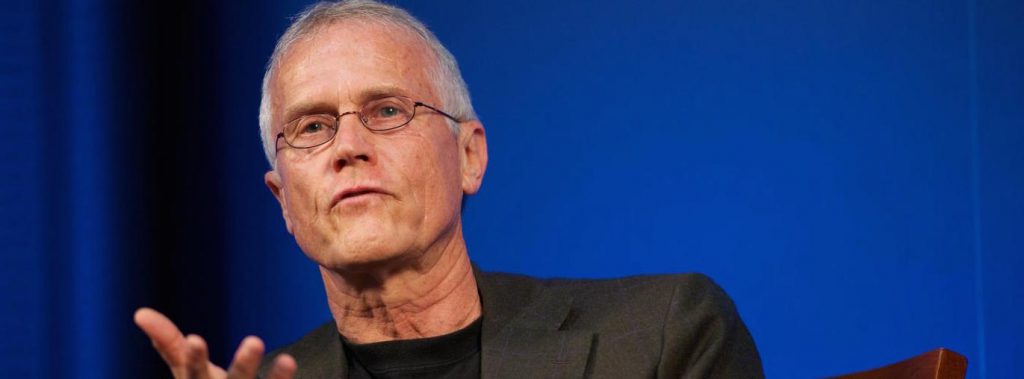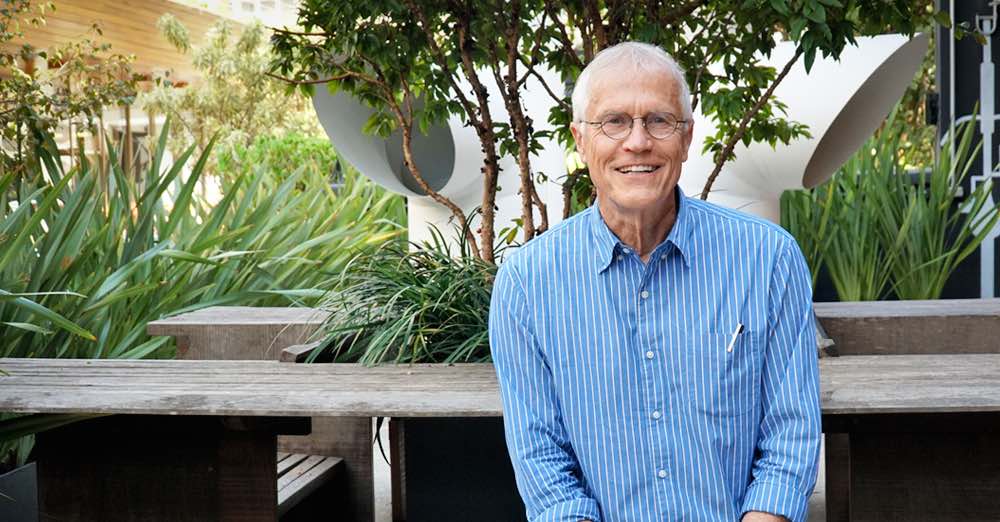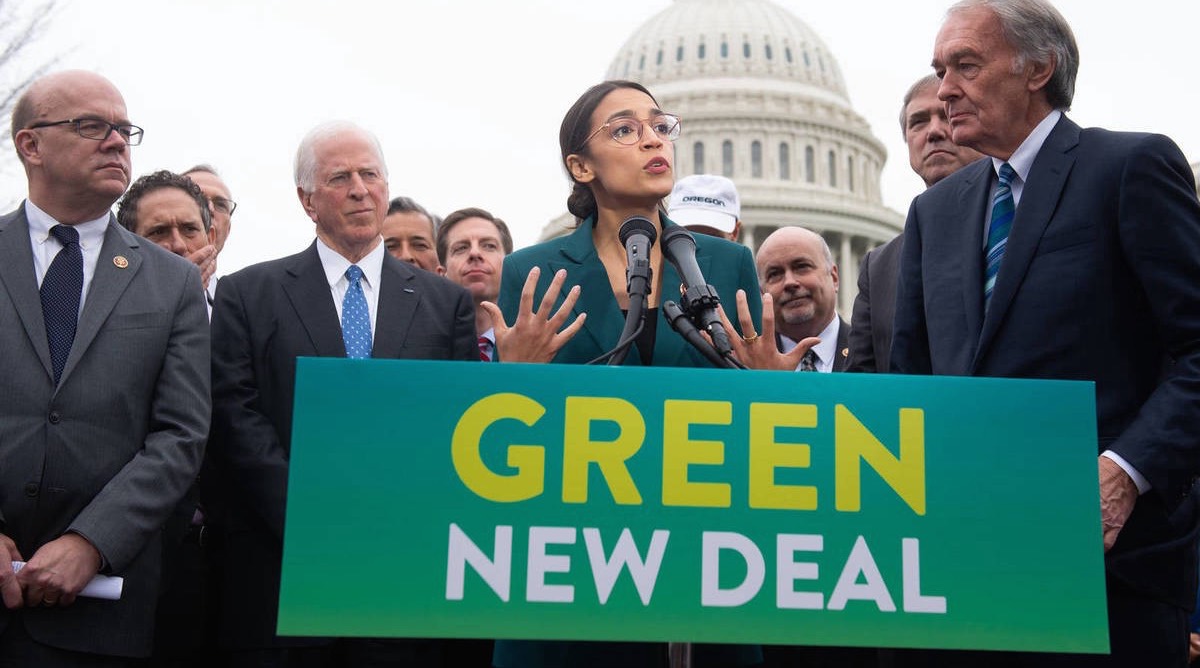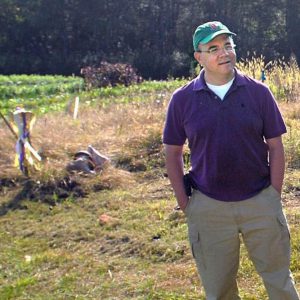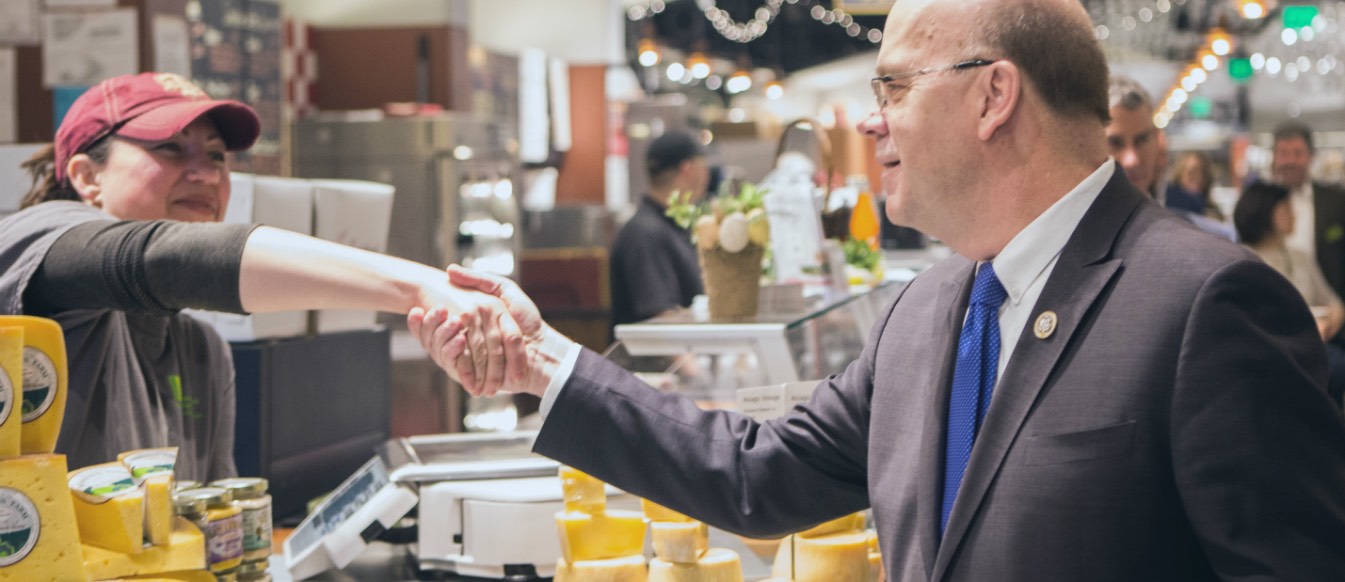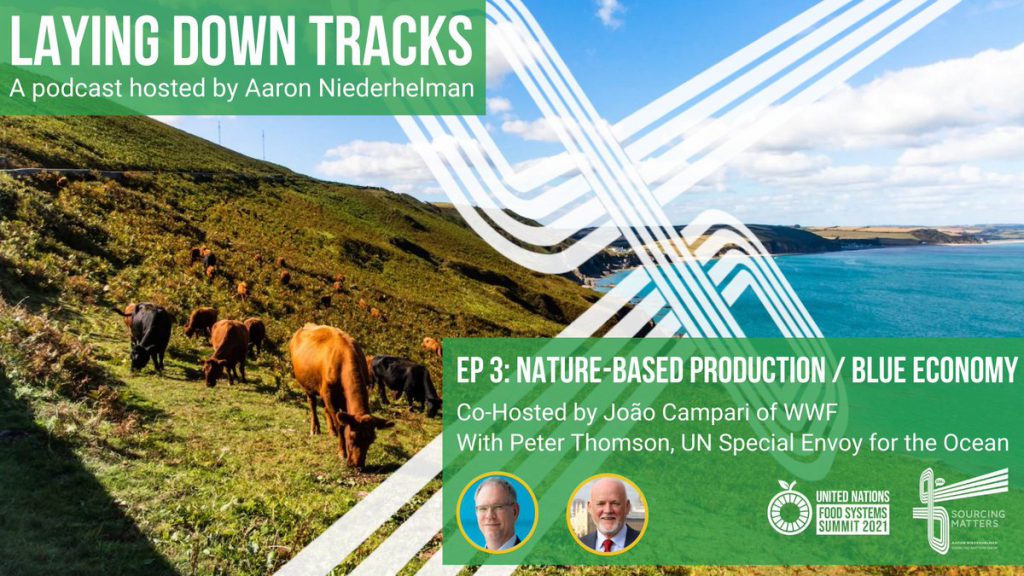
a UN Food System Summit & Sourcing Matters miniseries
Together, the UN Food Systems Summit and Sourcing Matters launch their new and thought-provoking podcast series, Laying Down Tracks.
This inspiring 8-part miniseries, led by Aaron Niederhelman, will feature world experts on issues related to world hunger, malnutrition, climate change, and much more. Focused on the real experiences of rolling out the United Nations Sustainable Development Goals, each episode will bring forward solutions through motivating discussions.
We are laying down tracks to head into a new world where our food systems mean prosperity for people and the planet. Listen now to Laying Down Tracks (LDTs) to learn how you, too, can help save our planet.
EPISODE THREE:
Nature-Based Production
Host: Aaron Niederhelman, Sourcing Matters podcast
Co-host: Joao Campari, Global Leader of the WWF’s Food Practice and Chair of the UN Food Systems Summit Action Track 3
Guest: Peter Thomson, UN Special Envoy for the Ocean
—
‘Laying Down Tracks’ ep.3:
The oceans and their coastal areas are an essential component of the Earth’s ecosystem hosting between 500,000 and 10 million species that provide a wide range of ecosystem services. “We cannot have a healthy planet without healthy oceans, and in any global discussion on biodiversity the ocean must be front-and-centre,” explains Peter Thomson, UN Special Envoy for the Ocean, who is a guest on this episode, co-hosted by Joao Campari, Global Leader of the WWF’s Food Practice and Chair of the UN Food Systems Summit Action Track 3.
Approximately 3 billion people in the world rely on wild-caught and farmed seafood as a primary source of protein, while at the same time agriculture uses up 38 percent of the global land surface. Whether on land or at sea, we are using up our precious resources and destroying others that can help us recover like biodiversity. With only nine more harvests remaining on a promise to meet the SDGs by 2030, it is important we find the right balance both for the health of our planet but also for the health of people everywhere.
Listen to this conversation on nature-based solutions and the blue economy as we continue to Lay Down Tracks to the UN Food Systems Summit.
credits:


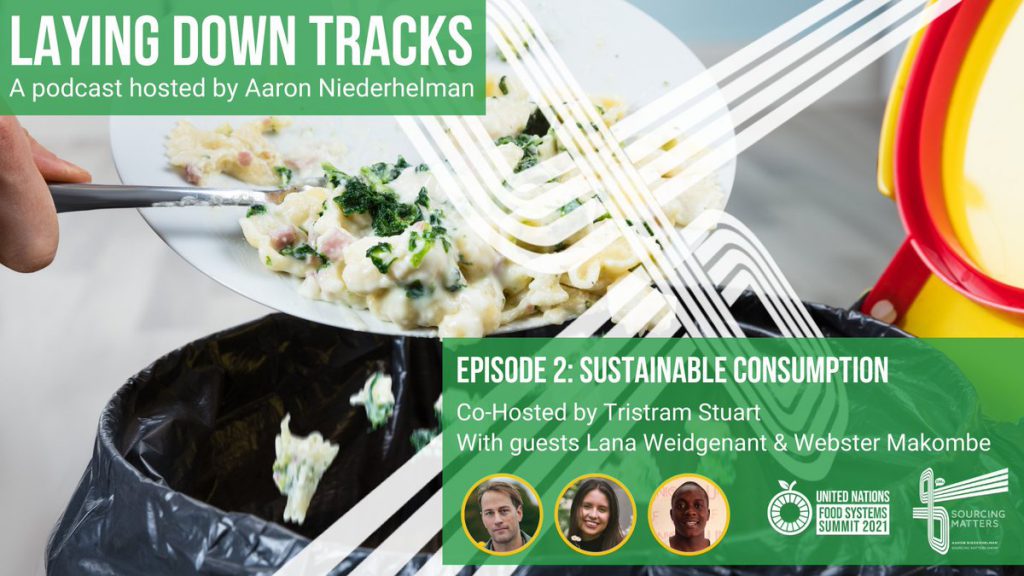
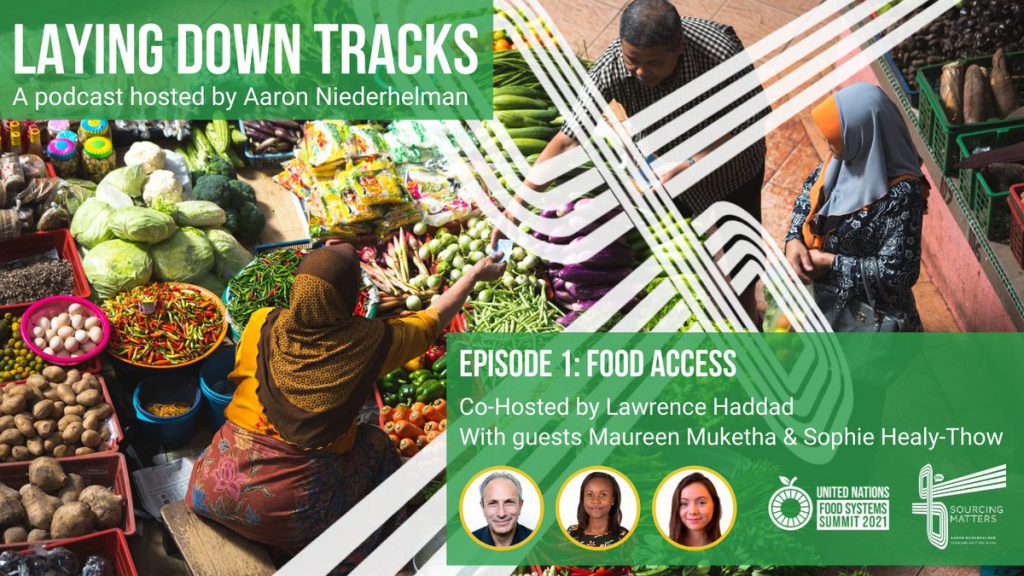

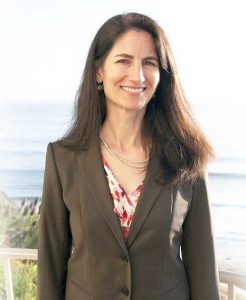 In our 50 minute discussion we learn about the lineage and focus of the Ocean Conservancy. I ask Janis Searles Jones, CEO of the Ocean Conservancy, about the organization’s strategic priorities and how they have evolved since she has taken the leadership role in 2017. We learn about their diverse ocean health efforts, and about what has successfully percolated to the domain of public knowledge. We hear what’s really working and how certain pathways to broader awareness – initiatives focused on the likes of plastic straws & sea turtles – are serving as an impetus to drive real change by empowering end users, consumers and voters. We discuss the state of biodiversity in our oceans and the capacities for the seas to continue to keep buffering the excess amounts of heat and carbon we’re spewing into the atmosphere. We learn what Ocean Conservancy is doing to instigate climate action in projects ranging from local clean-up initiatives, all the way up to global policy making in multi stakeholder relationships like the Paris Accord.
In our 50 minute discussion we learn about the lineage and focus of the Ocean Conservancy. I ask Janis Searles Jones, CEO of the Ocean Conservancy, about the organization’s strategic priorities and how they have evolved since she has taken the leadership role in 2017. We learn about their diverse ocean health efforts, and about what has successfully percolated to the domain of public knowledge. We hear what’s really working and how certain pathways to broader awareness – initiatives focused on the likes of plastic straws & sea turtles – are serving as an impetus to drive real change by empowering end users, consumers and voters. We discuss the state of biodiversity in our oceans and the capacities for the seas to continue to keep buffering the excess amounts of heat and carbon we’re spewing into the atmosphere. We learn what Ocean Conservancy is doing to instigate climate action in projects ranging from local clean-up initiatives, all the way up to global policy making in multi stakeholder relationships like the Paris Accord.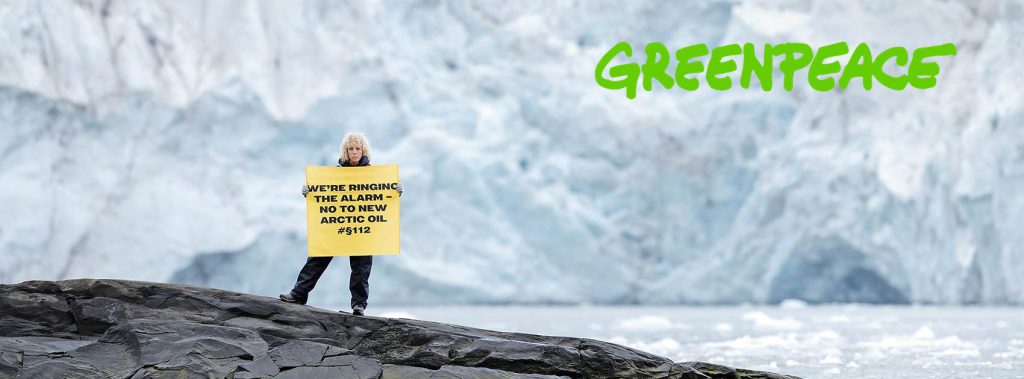

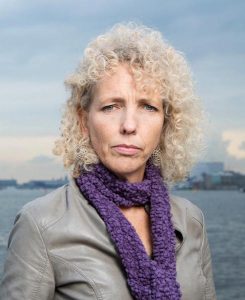 A focus area of our conversation is the utilization and shepherding of regenerative natural resources. Specifically, with the production of food. What humans eat from land and sea has a vast impact on the planet and its inhabitants. In our conversation we explore how
A focus area of our conversation is the utilization and shepherding of regenerative natural resources. Specifically, with the production of food. What humans eat from land and sea has a vast impact on the planet and its inhabitants. In our conversation we explore how 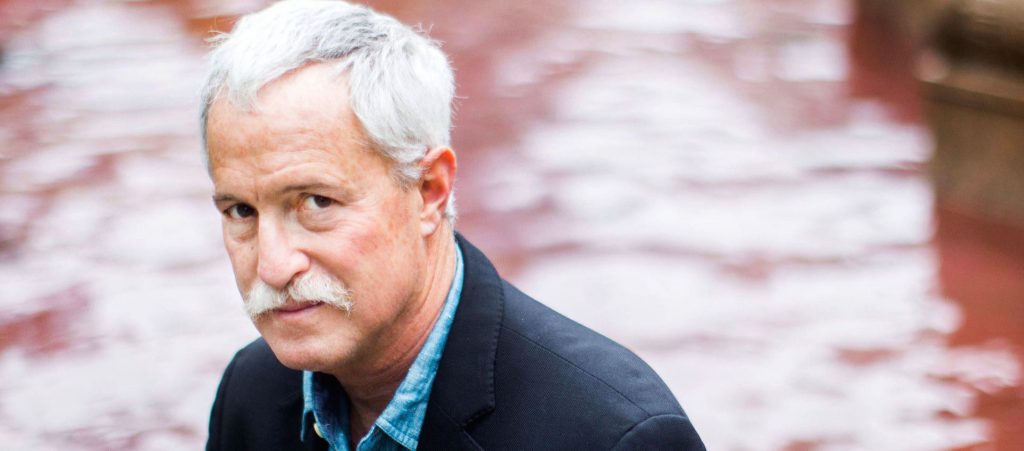

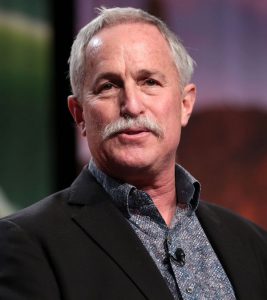 Much of our conversation in this episode focused on the Circular Economy. The United Nations Industrial Development Organizations (UNIDO) describes this holistic approach as, “A circular economy is a new way of creating value, and ultimately prosperity, through extending product lifespan and relocating waste from the end of the supply chain to the beginning – in effect, using resources more efficiently by using them more than once. In a circular economy materials for new products come from old products. As much as possible, everything is reused, remanufactured or, as a last resort, recycled back into a raw material or used as a source of energy. ”
Much of our conversation in this episode focused on the Circular Economy. The United Nations Industrial Development Organizations (UNIDO) describes this holistic approach as, “A circular economy is a new way of creating value, and ultimately prosperity, through extending product lifespan and relocating waste from the end of the supply chain to the beginning – in effect, using resources more efficiently by using them more than once. In a circular economy materials for new products come from old products. As much as possible, everything is reused, remanufactured or, as a last resort, recycled back into a raw material or used as a source of energy. ”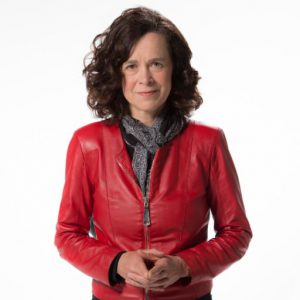 For today’s show we focus the discussion on the engine of environmental change – the economy. Professor Henderson has recently released the book “Reimagining Capitalism – In a World on Fire” – which borrows from the name of a course she teaches at Harvard Business School. As she explains, “I am convinced that we have a secret weapon. I spent twenty years of my life working with firms that were trying to transform themselves. I learned that having the right strategy was important, and that redesigning the organization was also critical. But mostly I learned that these were necessary but not sufficient conditions. The firms that mastered change were those that had a reason to do so: the ones that had a purpose greater than simply maximizing profits. People who believe that their work has a meaning beyond themselves can accomplish amazing things, and we have the opportunity to mobilize shared purpose at a global scale.”
For today’s show we focus the discussion on the engine of environmental change – the economy. Professor Henderson has recently released the book “Reimagining Capitalism – In a World on Fire” – which borrows from the name of a course she teaches at Harvard Business School. As she explains, “I am convinced that we have a secret weapon. I spent twenty years of my life working with firms that were trying to transform themselves. I learned that having the right strategy was important, and that redesigning the organization was also critical. But mostly I learned that these were necessary but not sufficient conditions. The firms that mastered change were those that had a reason to do so: the ones that had a purpose greater than simply maximizing profits. People who believe that their work has a meaning beyond themselves can accomplish amazing things, and we have the opportunity to mobilize shared purpose at a global scale.”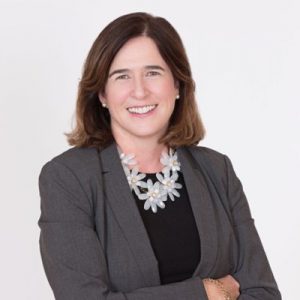 For 30 years The Wildlife Habitat Council has been promoting and certifying habitat conservation and management on working lands through partnerships and education. As the only international conservation NGO focused exclusively on the private sector, WHC provides a framework for voluntary conservation action on a wide variety of corporate lands. Wildlife Habitat Council corporate members represent some of the leading national and multinational corporations seeking to support sustainable ecosystems and the communities that surround them. These efforts have resulted in more than 1,000 certified programs across 48 states, Washington, D.C., Puerto Rico, and 29 countries.
For 30 years The Wildlife Habitat Council has been promoting and certifying habitat conservation and management on working lands through partnerships and education. As the only international conservation NGO focused exclusively on the private sector, WHC provides a framework for voluntary conservation action on a wide variety of corporate lands. Wildlife Habitat Council corporate members represent some of the leading national and multinational corporations seeking to support sustainable ecosystems and the communities that surround them. These efforts have resulted in more than 1,000 certified programs across 48 states, Washington, D.C., Puerto Rico, and 29 countries.